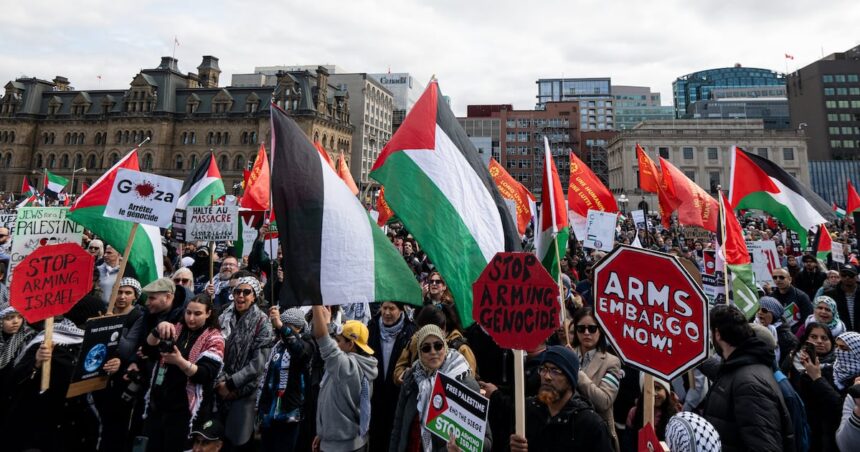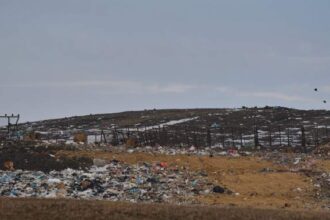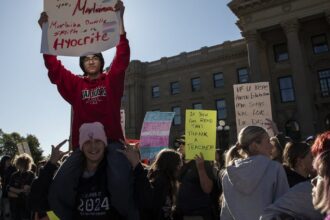In a significant diplomatic pivot, Prime Minister Justin Trudeau’s cabinet is reportedly engaged in serious deliberations about formally recognizing a Palestinian state, according to high-level sources within the government. This potential shift in Canada’s longstanding Middle East policy comes as ceasefire negotiations between Israel and Hamas have reached yet another impasse, with civilian casualties in Gaza continuing to mount.
The closed-door discussions, confirmed by sources who spoke on condition of anonymity, indicate that Canada may join several European nations that have recently moved toward Palestinian recognition. Sweden, Ireland, and Spain have already taken this step, while the United Kingdom has indicated its readiness to recognize Palestine under the right circumstances.
“The humanitarian catastrophe unfolding in Gaza has forced a reconsideration of traditional diplomatic positions,” said Dr. Eleanor Westbrook, director of Middle Eastern Studies at the University of Toronto. “The question facing Ottawa isn’t just about recognition, but about what diplomatic tools might effectively influence the peace process.”
The timing of these discussions is particularly noteworthy as they coincide with the ten-month mark of the Israel-Hamas conflict that began with the October 7 Hamas attack on Israel. According to Gaza health officials, the death toll in the Palestinian territory now exceeds 39,000, while international aid organizations warn of widespread famine conditions.
Foreign Affairs Minister Mélanie Joly has previously stated that Canada remains committed to a two-state solution, but this would mark the first concrete step toward implementing that position. When reached for comment, her office neither confirmed nor denied the cabinet discussions, stating only that “Canada continues to explore all diplomatic avenues to support a just and lasting peace.”
The potential recognition would represent a significant departure from Canada’s historical alignment with United States policy, which has not recognized Palestinian statehood. Political analysts suggest this reflects growing public pressure on the Trudeau government, particularly from its progressive base, to take a more assertive stance on the conflict.
Opposition parties remain divided on the issue. Conservative leader Pierre Poilievre has criticized what he calls “hasty diplomatic gestures,” while NDP leader Jagmeet Singh has repeatedly called for Palestinian recognition as part of a comprehensive peace framework.
The business community is closely monitoring these developments, with concerns about potential economic repercussions. “Any major shift in Canada’s Middle East policy would naturally have implications for trade relationships throughout the region,” noted financial analyst Morgan Chen of the Royal Bank of Canada.
Palestinian-Canadian organizations have cautiously welcomed the news. “Recognition would be a meaningful acknowledgment of Palestinian rights to self-determination,” said Hana Mahmoud of the Canadian Palestinian Foundation. Meanwhile, pro-Israel groups have expressed concern that unilateral recognition outside of a negotiated settlement could undermine peace efforts.
As cabinet deliberations continue behind closed doors, the fundamental question remains: can diplomatic recognition serve as an effective tool for peace, or merely a symbolic gesture in a deeply entrenched conflict? The answer may reshape Canada’s role in Middle Eastern diplomacy for generations to come.










